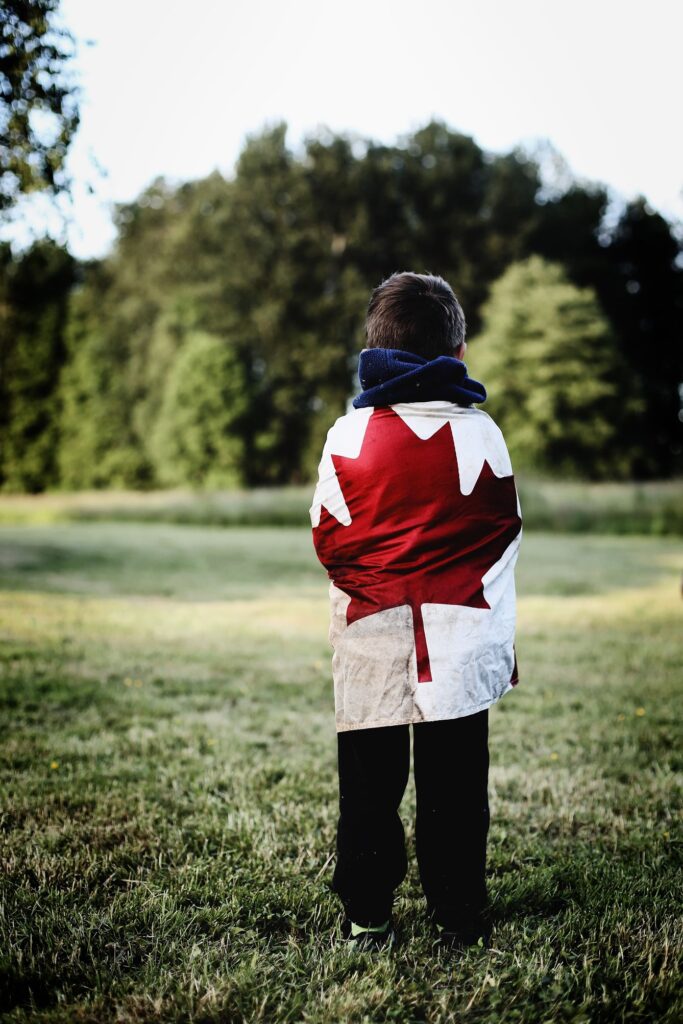An asylum is a form of protection that allows an individual to stay in a new country instead of being removed (deported) to their home country, where they fear persecution or harm because of their political opinion, race, or religion. Under US law, for example, people as refugees flee their countries because they fear persecution, and it is precisely this that allows them to apply for asylum.
If granted asylum, refugees are protected and can stay in the new country.
Refugees have been placed in new countries through each country’s different types of asylum programs.
Persecution: The leading cause of requesting refuge
Persecution can be harm, or a threat of harm, directed at a person or their family. It may also be directed at people or groups like each other by sharing specific social or cultural characteristics. A person can also obtain asylum if he has suffered persecution in his country.
It is essential to clarify that a person can only be granted asylum if at least one of the reasons why someone hurt them or may hurt them is because of their race, religion, nationality, political opinion (or a political opinion that someone thinks they have), or by the fact that the person belongs to a particular social group.
Projections based on needs.
By 2024, Canada will seek to welcome 451,000 new immigrants. In a statement to CIC News, Immigration Minister Sean Fraser explained the reason for the new tiers plan.
Canada is one of the most immigration-friendly countries. It needs higher stays to support the population, workforce and economic growth, and enough workers to pay the taxes required to support important social services like healthcare and education.
In this country, immigration has taken on greater economic importance during and after the pandemic. COVID spending left the Canadian government with weaker fiscal deficits and economic activity. Additionally, employers across the country face labour shortages for the reasons already mentioned above.
Frequently Asked Question: Can refugees in Canada visit their home countries?
The short answer is no. Refugees cannot and should not. If they did so, they would practically be submitting to the protection of the authorities of their country of origin, which they said could not protect them, and that is why they fled the country and sought refuge in Canada.
A different situation is when someone who applied for refuge (and was denied) now has a residence permit for humanitarian reasons, married a Canadian citizen or permanent resident, and is now a permanent resident. Here the answer to the initial question is yes.
The person can leave and go to their country of origin. They can do it and will not lose permanent residence in Canada because the permanent residence was given to them for compassionate and humanitarian causes. Therefore, there is no danger of returning to your country of origin.
To clarify, those who are accepted as refugees are those who cannot return to their country of origin because when they applied for refuge, they said they had a well-founded fear of persecution and that they did not want to submit to the protection of the government of their country, since they could not receive protection from it.
To obtain more information about the different types of refugee programs, don’t hesitate to contact me for personalized advice and follow my social networks to stay informed of everything related to visas and permits in Canada.




